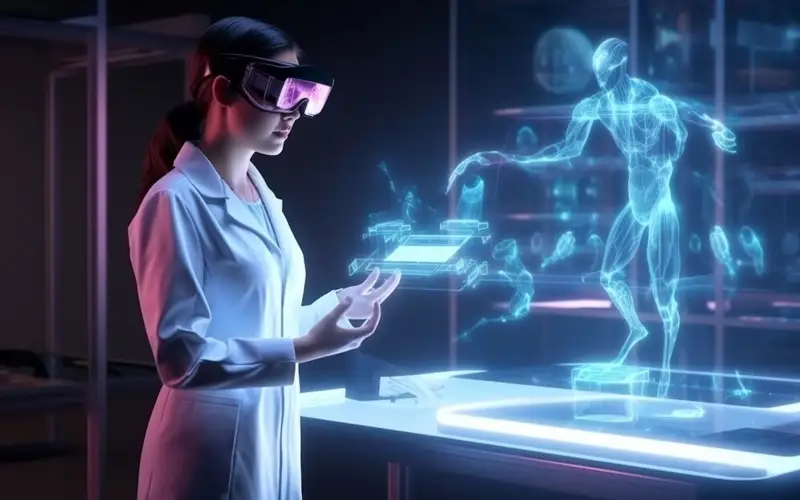Can AI think like a doctor? Researchers propose a new medical AI model
A recent study published in Nature proposes a new approach to developing AI for medicine. It suggests that AI designed to function like a team of doctors could improve patient diagnosis and treatment. This approach is particularly relevant as the European Union introduces new regulations for AI, Kazinform News Agency correspondent reports, citing Nature.

Since 2023, the AI Act has been in effect, strictly regulating the use of high-risk AI systems, including those used in healthcare. Under these rules, AI systems that make critical medical decisions must be transparent and understandable, allowing specialists to see how and why a particular conclusion was reached.
Clinical AI, if used cautiously, can significantly improve healthcare accessibility and patient outcomes. It can optimize hospital management processes—such as patient scheduling and medical record-keeping—support diagnostics by identifying abnormalities in X-rays, and tailor treatment plans based on a patient’s condition. However, these benefits come with certain risks. AI-driven decisions are not always easy to explain, which limits the potential for proper human oversight.
The development of Clinical AI could be based on the approach used by interdisciplinary medical teams, which rely on shared concepts for communication and decision-making. Unlike individual specialists who work with specific types of data—such as radiology or pathology—these teams discuss information in terms of common concepts understood by all members.
When doctors plan a patient’s treatment, they don’t rely solely on raw data but instead consider high-level factors such as disease stage, patient age, and the presence of other medical conditions. This method ensures transparency and collective oversight, aligning with the requirements of the European AI Act.
For AI to meet these standards and earn the trust of the medical community, it must justify its predictions using well-defined concepts rather than simply providing probability estimates.
Despite the importance of collective decision-making in medical practice, expert teams are not immune to errors. Human factors such as time constraints and fatigue can significantly impact decision-making effectiveness. AI has the potential to improve these processes, but to do so safely and in compliance with regulatory requirements, it must be designed to account for the social and psychological dynamics of teamwork.
Earlier, Kazinform News Agency reported that Sony explored the potential of artificial intelligence in video games, developing prototypes of AI-powered characters.
